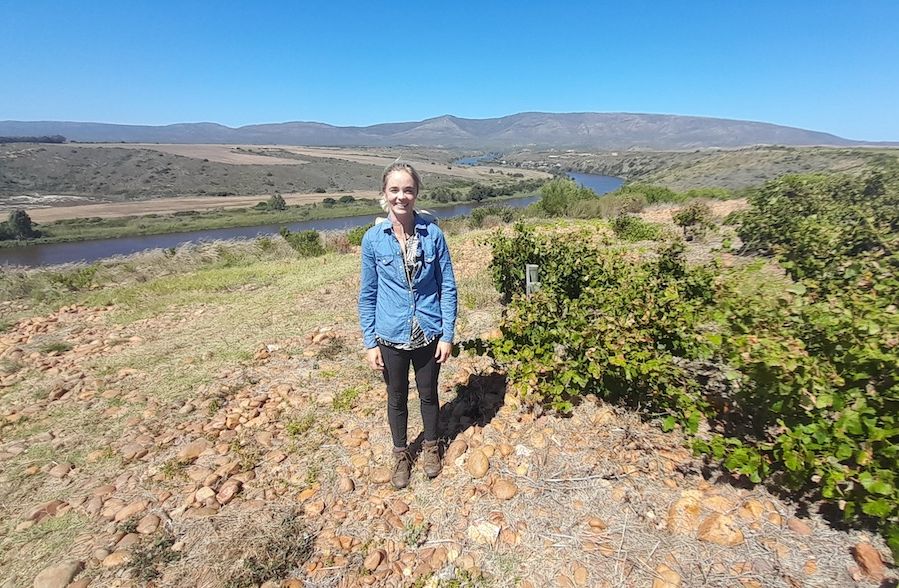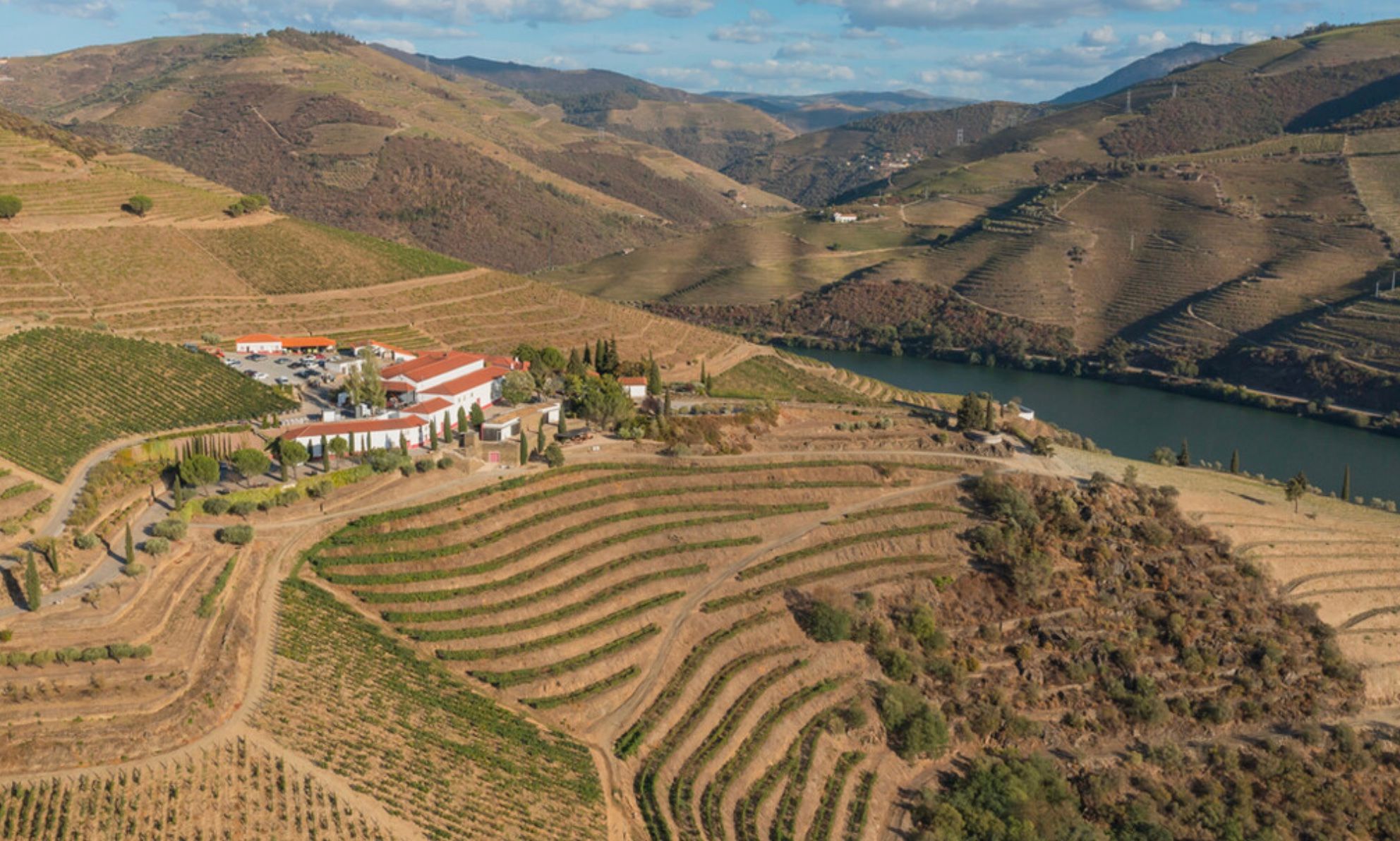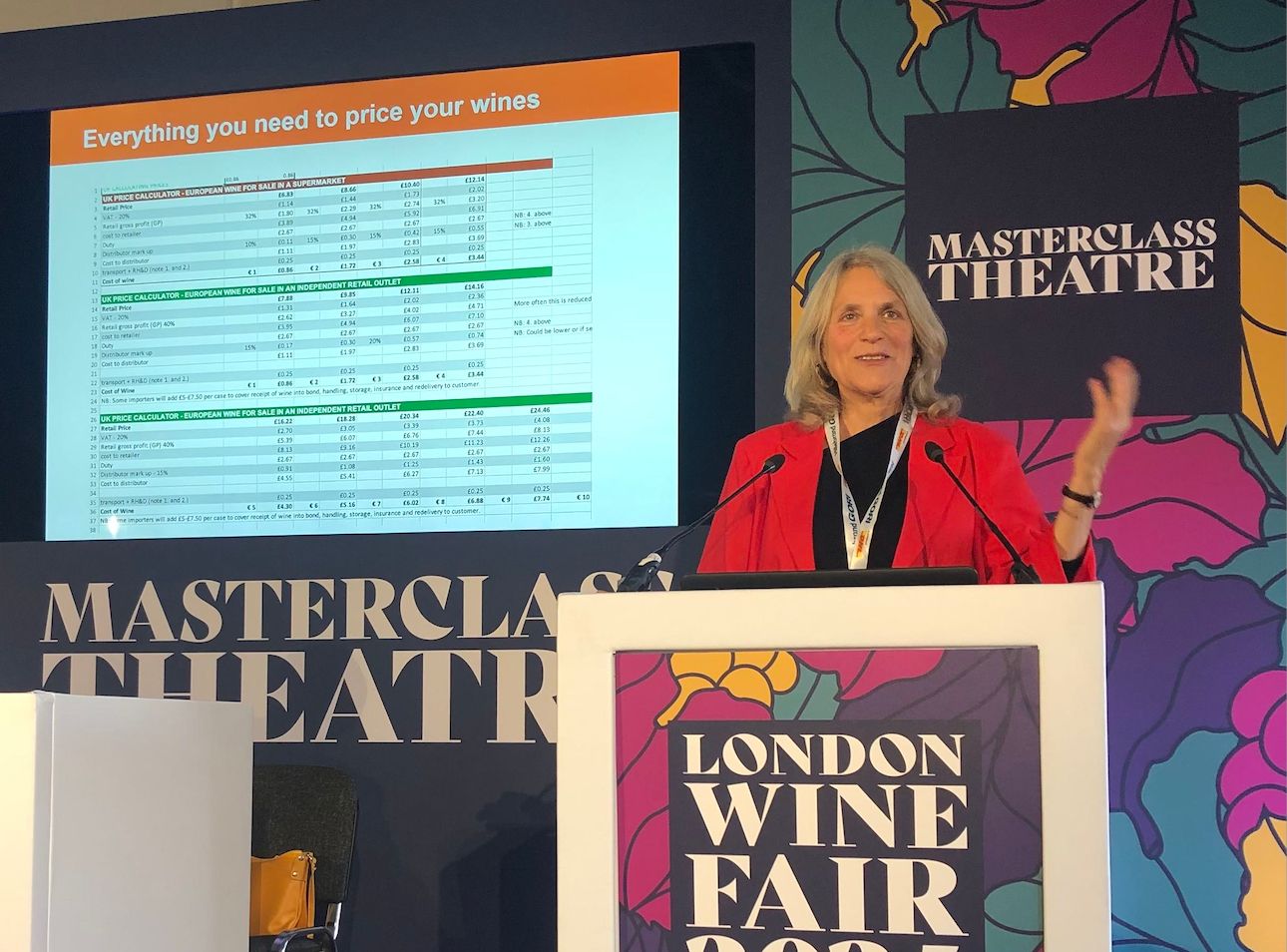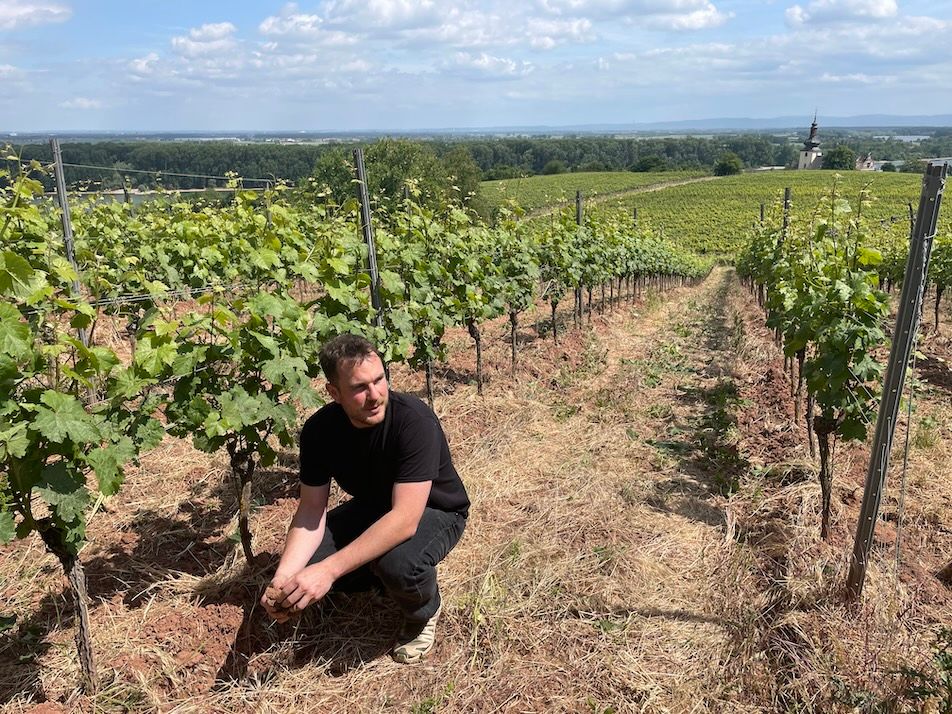Quality of fruit first, then price, then a good looking label – these are the key priorities for The Knotted Vine when choosing which medium to premium priced wines to put on its list.
We hear a lot from the big importers about their plans, their philosophies, how they are going to do xyz over the next 12 months, but away from the top dozen or so big guys there are a growing number of small, boutique importers out there doing some really interesting things. One such company is The Knotted Vine, a London-based importer specialising in sourcing and selling small-production wines to a predominantly on-trade customer. We caught up with founder and MD David Knott to chat about the challenges and opportunities at the smaller end of the market.
How and when was The Knotted Vine founded?
My background, like many others, was the old green T-shirt at Majestic, 12 years ago now. I did a couple of years there and then I moved to Australia and I did a Masters in wine marketing and business at the University of Adelaide, with the aim of making a jump from retail shop manager to either sales manager or buyer at a large importer.
I did that and a bit of assistant winemaking in Adelaide before becoming head buyer at the Emirates group for five years, based in Dubai. It was full on, what I would call old-school buying, in the sense that it was all about marketing budgets and marketing plans… I looked after everything from Yellow Tail and Jacob’s Creek to Antinori – loads of quite chunky brands. It was great but I was getting slightly fed up with the kind of wines I was working with.
It was time to come home and I wanted to go back to wines that I really loved and go back to small production stuff and that’s kind of how The Knotted Vine was born. I came back in 2012 and the idea was to try to give as close to the same level of service as the big guys – I’m quite a stickler for customer service – but with small production, minimum intervention wines.
How did you go about building the portfolio?
I thought we would struggle to get exclusivity on wines we would bring in, which was important, but there are so many wineries out there that had been put off the UK market either because they had been here before and had their fingers burnt – bullied on price, margins been cut – or they just thought they were too small to fit in with the big guys and would just sit on a massive portfolio. There was loads of really good stuff out there looking to find a home in the UK.
Do you have a buying philosophy?
My big thing is purity of fruit. I suppose we look for mid-priced to premium-priced wine, but we don’t handcuff ourselves to any bracket. All the guys in the office used to slightly take the piss out of me because I have what’s called a ‘triple threat’ policy, which is quality first, then price, then a good-looking label, and that’s kind of how we buy our wines. One thing I always love hearing from our customers is that we have a real consistency of style across our portfolio.
Was it tough attracting customers?
Our customer base has pretty much built organically (we are about 80% on-trade), with a little bit of independent retail. Anything from independent restaurants to very small independent groups, a couple of Michelin starred bits. We built the customer base in a pretty old school, Dick Whittington way – chuck the wine in the bag, go around and see if anyone will taste and then go from there.
What’s the biggest challenge for the business at the moment?
Definitely pricing. It’s a funny one because we want to try to be competitive but we obviously don’t have the economies of scale of some of the big guys, so it’s always harder to stay within the right brackets for people to be interested. Anytime anything like a slight recession, or what happened post-Brexit, people start looking for cheaper wines and that’s really difficult to combat.
It’s hard to keep fighting that corner of small-production, slightly more premium wines. Because we are often the smallest supplier with a lot of our customers if we put up our prices we are one of the easiest ones to go if they are doing a review.
What’s your take on the recent mergers within the industry?
It’s a big challenge for us, now and for the future. Suddenly you’ve got double or triple the sales force all out there in the market, against just three of us! It’s tough – and the segment that we work in, the slightly more premium independent on-trade – is the segment that everyone wants to get into and they have ways to do that, be it marketing budgets or stock deals, and we’re always up against that.
We’re not even close to these guys’ size but every time we’re speaking to customers they are the kind of people we are going up against. It’s extremely competitive out there. We just make sure we are super honest and really flexible. A lot of people really like that.
What’s the next big thing?
I think Germanic varietals from Denmark and Great Southern in Western Australia are killing it right now, so it would be great to see more of these.









































